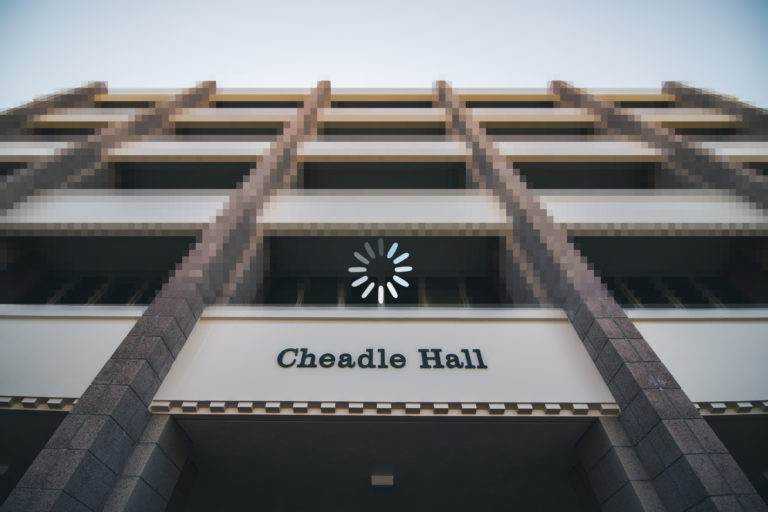
Jade Martinez-Pogue
National Beat Reporter
As a wave of uncertainty has fallen over people worldwide due to the sudden outbreak of the COVID-19 pandemic, people are scrambling to determine what their next step is. For the incoming UC Santa Barbara (UCSB) class of freshmen and transfers, the decision to defer their offers of admission to a later quarter or another year entirely is something to toy with.
Parents and students are increasingly hesitant to attend and pay for a schooling that is likely to be conducted online. Deferring admission until traditional, in-person classes are held is an option that many have been debating.
Jackson Atrops, an incoming freshman from Lancaster, CA is concerned that remote learning won’t give him the educational college experience that he was expecting. “I’m paying for an education and I want to get that education,” he said.
Traditionally, the UCSB Office of Admissions has only processed one-quarter deferrals, specifically for students dealing with difficult situations that would make their fall enrollment impossible. Lisa Przekop, director of admissions at UCSB, notes that those situations include medical situations, military deployment, or VISA issues. Students granted one-quarter deferrals do not need to reapply for the following winter quarter, but students who wish to defer their enrollment to a later year would need to go through the application process again even if they were previously admitted.
Despite the sudden shift to online classes, which completely redefines the college experience, the admissions department has not made any changes at this time to their deferral policy. “We still handle every request as a case-by-case situation,” Przekop said. “We haven’t made any formal policy changes but we are being as accommodating as possible.”
As of now, students who wish to defer their acceptance for a full year with intentions of waiting out COVID-19 will have to reapply to the university in the following academic year. However, the school does keep records of students’ previous applications and admissions decisions. “For gap-year students, we maintain records of previous exam scores which will still be valid so additional testing is not an issue,” said Prezkop.
Admissions counselors have been active in continuing to provide advising to incoming students, helping them transition to a college life despite being able to physically visit campus. They are providing advising via email, webinars, and virtual open-house events. Przekop notes that the admission counselors have also been in regular contact with high school counselors and have hosted numerous parent webinars.
“If we’ve admitted a student, it means we truly want them to enroll and we’re doing our best to support their situation,” said Przekop.
Chancellor Yang touched on the concern regarding remote instruction for the upcoming fall quarter in an email sent to the UCSB campus community on May 14. “We have heard from our parents and students about how important the campus experience is,” he wrote. “We are planning for scenarios that allow some in-person instruction, but still require varying levels of remote instruction, even for students in residence on campus.”










